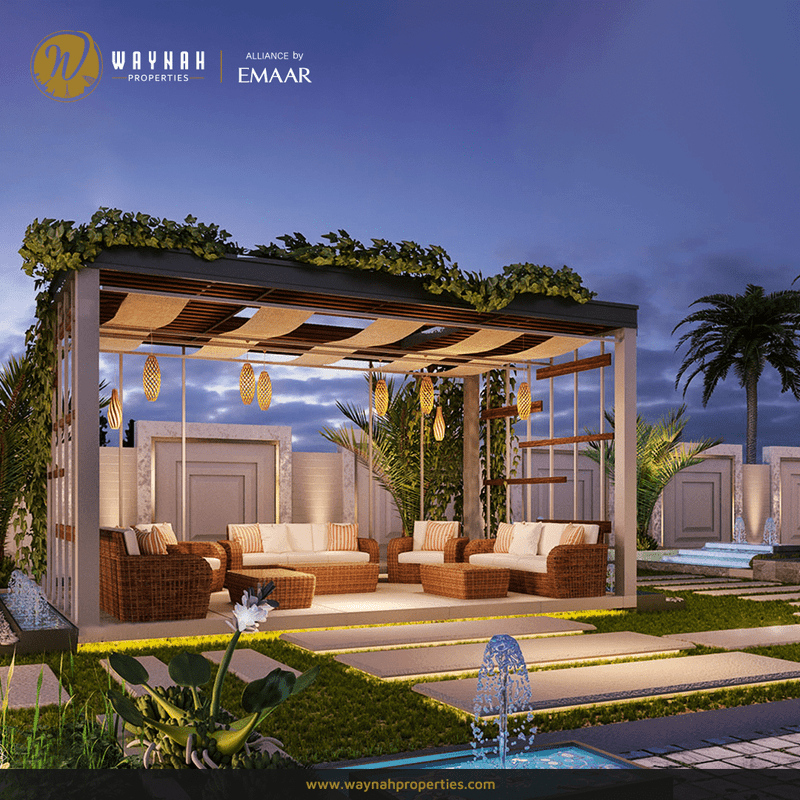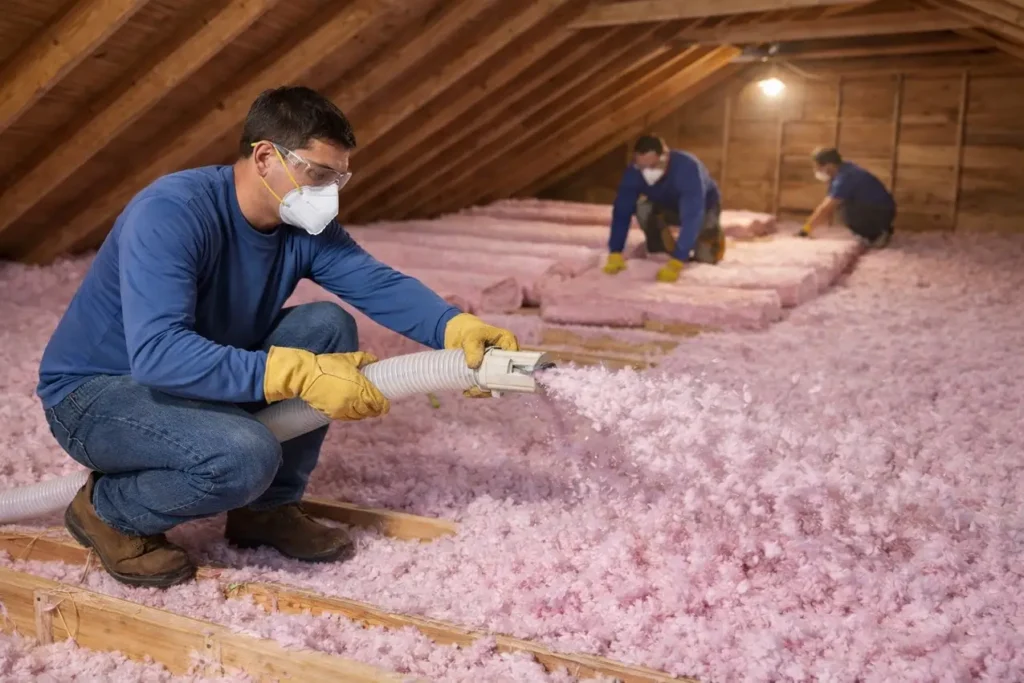Introduction: Dubai, nestled amidst the arid expanses of the Arabian Desert, has embarked on a remarkable journey to create sustainable oases amidst its urban landscape. With water scarcity posing a significant challenge, the city has embraced innovative landscaping solutions that prioritize sustainability, conservation, and environmental resilience. From native plant selection to smart irrigation systems, Dubai’s landscaping initiatives are transforming the desert into a vibrant and sustainable oasis. This article delves into the landscaping solutions that are redefining Dubai’s arid environment and shaping a more sustainable future for the city.For more information check out landscaping companies in dubai
1. Native Plant Selection:
In Dubai’s arid environment, native plants play a crucial role in sustainable landscaping practices. Adapted to the region’s extreme temperatures and limited water availability, native species such as the ghaf tree (Prosopis cineraria), date palm (Phoenix dactylifera), and desert rose (Adenium obesum) thrive with minimal irrigation and maintenance. By incorporating native plants into landscaping projects, Dubai preserves biodiversity, reduces water consumption, and creates habitats for indigenous wildlife, fostering ecological balance in urban environments.
2. Xeriscaping Techniques:
Xeriscaping, a landscaping approach designed for water conservation in arid climates, is gaining popularity in Dubai as a sustainable solution to mitigate water scarcity. Xeriscaping techniques prioritize drought-tolerant plants, mulching, and soil amendments to optimize water retention and minimize irrigation requirements. By incorporating gravel pathways, rock gardens, and succulent beds, xeriscaped landscapes reduce water runoff, erosion, and weed proliferation, while enhancing the aesthetic appeal and resilience of outdoor spaces.
3. Smart Irrigation Systems:
Water conservation is a top priority in Dubai’s landscaping endeavors, driving the adoption of smart irrigation systems that maximize efficiency and minimize waste. Smart irrigation technologies utilize sensors, weather forecasts, and soil moisture data to deliver precise amounts of water to plants based on their specific needs. By automating watering schedules, adjusting irrigation levels, and detecting leaks in real-time, smart irrigation systems optimize water usage, promote plant health, and reduce operational costs associated with landscape maintenance.
4. Greywater Recycling:
Greywater recycling offers a sustainable solution to reduce reliance on freshwater sources for landscape irrigation in Dubai. Greywater, derived from sources such as sinks, showers, and laundry, is treated and repurposed for outdoor watering, reducing demand on potable water supplies. By capturing and treating greywater on-site, Dubai’s landscapers conserve water resources, minimize environmental impact, and promote circularity in water management practices, contributing to the city’s sustainability goals and water security objectives.
5. Permeable Surfaces and Rainwater Harvesting:
Permeable surfaces and rainwater harvesting systems are integral components of sustainable landscaping in Dubai, where every drop of water is precious. Permeable paving materials, such as porous asphalt and interlocking pavers, allow rainwater to infiltrate the soil, replenishing groundwater reserves and reducing stormwater runoff. Additionally, rainwater harvesting systems capture and store rainwater for irrigation purposes, mitigating flooding, erosion, and water pollution while promoting self-sufficiency and resilience in water management practices.
Conclusion:
Dubai’s pursuit of sustainable landscaping solutions in its arid environment exemplifies the city’s commitment to environmental stewardship, resource conservation, and resilience in the face of water scarcity. By embracing native plant selection, xeriscaping techniques, smart irrigation systems, greywater recycling, and rainwater harvesting, Dubai
is transforming its urban landscape into a sustainable oasis amidst the desert. As the city continues to innovate and adapt to the challenges of climate change, sustainable landscaping practices will remain essential in shaping a more resilient and vibrant future for Dubai and its inhabitants.






